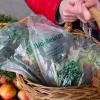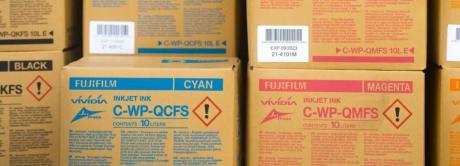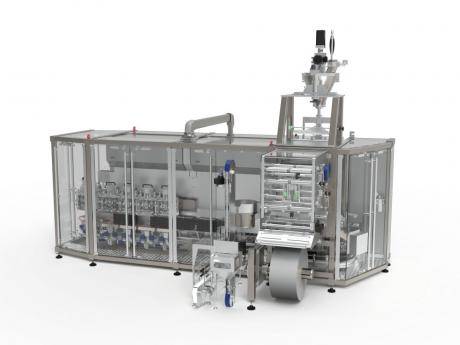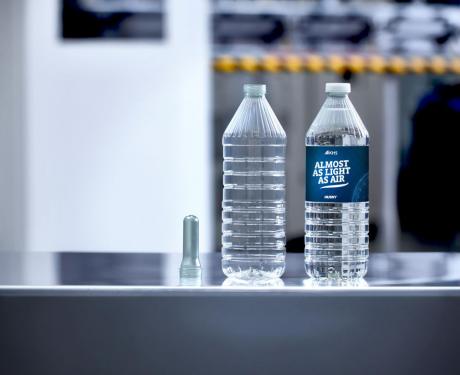"De-inking (ink removal) is a treatment by which cured ink systems are removed from a plastic substrate to allow the printed plastic packaging to be recycled and reused in the manufacturing process."
Inks and coatings are an integral part of packaging but can represent a serious challenge when trying to enhance materials and to transform packaging waste into a resource. Nowadays, market demand is growing for high quality recycled material coming from post-industrial and post-consumer flexible and rigid packaging waste. This situation has highlighted the need for new recycling plants and processes for the economic removal of printing inks.
To facilitate a high quality product, inks must be removed down to a very low level. Inks that remain in the recycled material can alter the colour and/or the transparency of the material, create defects on the final product and degrade to form odour, gassing or migratable species. The flakes and granules contaminated by ink residues are of great concern in their reuse in new food contact packaging. Once inks are removed then the plastic can potentially be recycled back into its’ original application.
Current technologies for the recycling of printed waste rely on processes of thermal degradation of the inks in extrusion with their elimination during the degassing and filtration phase of the melt. As efficient as they may be, these processes are however unable to eliminate a high inks loads. These can remain in the recycled polymers with consequent limitations in the materials reuse in new packaging. Sorema has therefore introduced a deinking process upstream of the extrusion phase, thus obtaining materials with minimal printing ink residues and allowing the subsequent extrusion operation to produce a high quality polymer.
Sorema's "mission" is to offer innovative solutions to its customers, so that they can seize new opportunities with reliable and tested solutions. After a robust development phase, in its R&D department, Sorema is now able to offer the market a wide range of solutions for ink removal. Technologies had already been developed and installed, in the year 2000, but needed to be adjusted and updated to address these new technical demands. The technology remains based upon the proven process of "batch" washing and so ensures a repeatable and defined cleaning of the substrate.
The de-inking module is an advanced washing system, developed by Sorema, for the removal of inks and successfully combines several factors. These include the feeding of the incoming material with volumetric or gravimetric dosage, the controlled and independent dosage of chemical additives and a high friction of the material in hot water with a defined residence time adjustable to each specific inks and material. In this way, customers have the opportunity to wash rigid and flexible plastic materials on a single plant.
The recycling process is then completed by one or more rinsing and drying phases of the flakes, before an eventual extrusion into granules. The Sorema “deinking” process is mainly applied to post-industrial waste, but it is also being studied for use in post-consumer waste recycling plants.
Very good results have been achieved in numerous applications, but unfortunately, not all types of printing inks are completely removable. For this reason, the pilot plant line in operation at Sorema’s laboratory, located in Alzate Brianza, has been optimised with the necessary full scale modules for the "deinking".
Sorema laboratory is available and open to customers for "deinking" tests in order to validate the process with their products and optimise the chemical formulation and washing times. These tests can also be completed with the "in-house" extrusion phase to verify the achieved results.
Sorema is able to supply complete turnkey washing and recycling plants, which can manage all stages of the process, including cleaning the chemical de-inking circuit and wastewater treatment. For this purpose and thanks to the collaboration with the sister company Teknodepurazioni Aquae, Sorema offers the possibility to integrate, in the washing and recycling plant, a solution for the treatment of wastewater coming from the "deinking" process. The wastewater treatment phase combines mechanical filtration processes with high-speed centrifuges, sedimentation with chemical adjuvants and purification with ozone and activated carbon treatments.
Sorema, and its partners, are constantly engaged in the development and improvement of technologies aiming at answering customers’ requests and to the ever-changing demands of the market. As with all good recycling processes, Sorema aim to achieve the highest product quality with the lowest economic cost for production to ensure our customers remain competitive.








